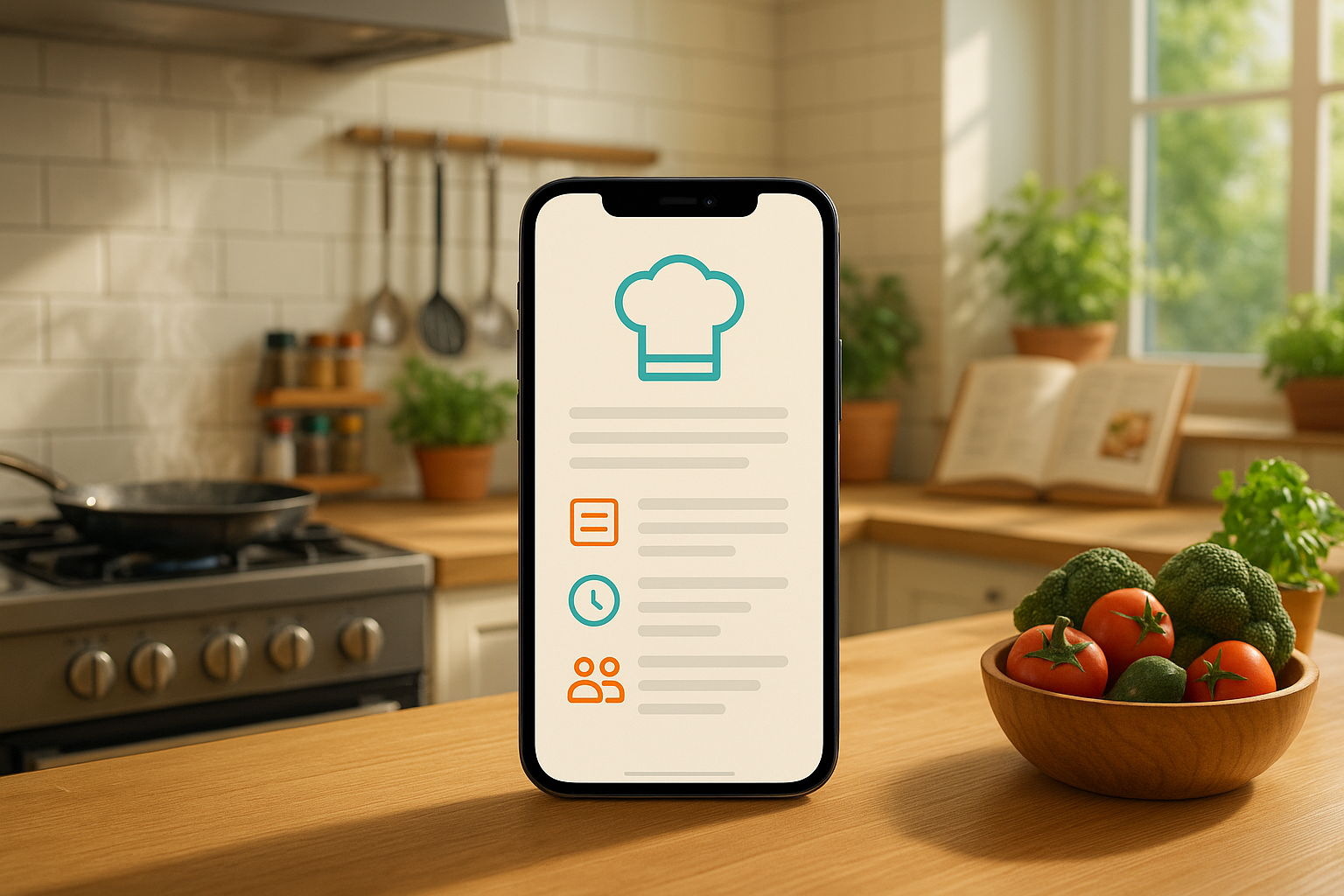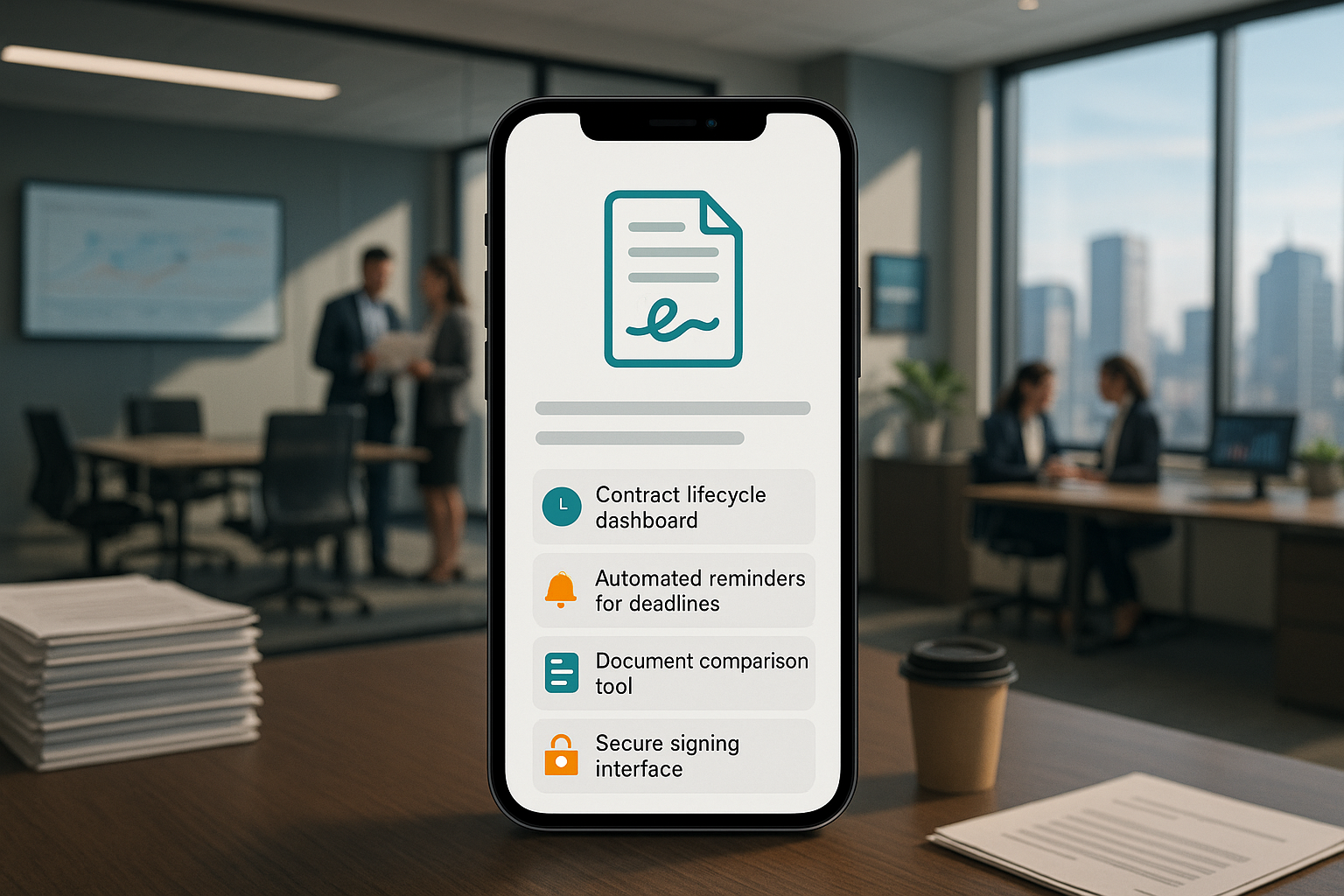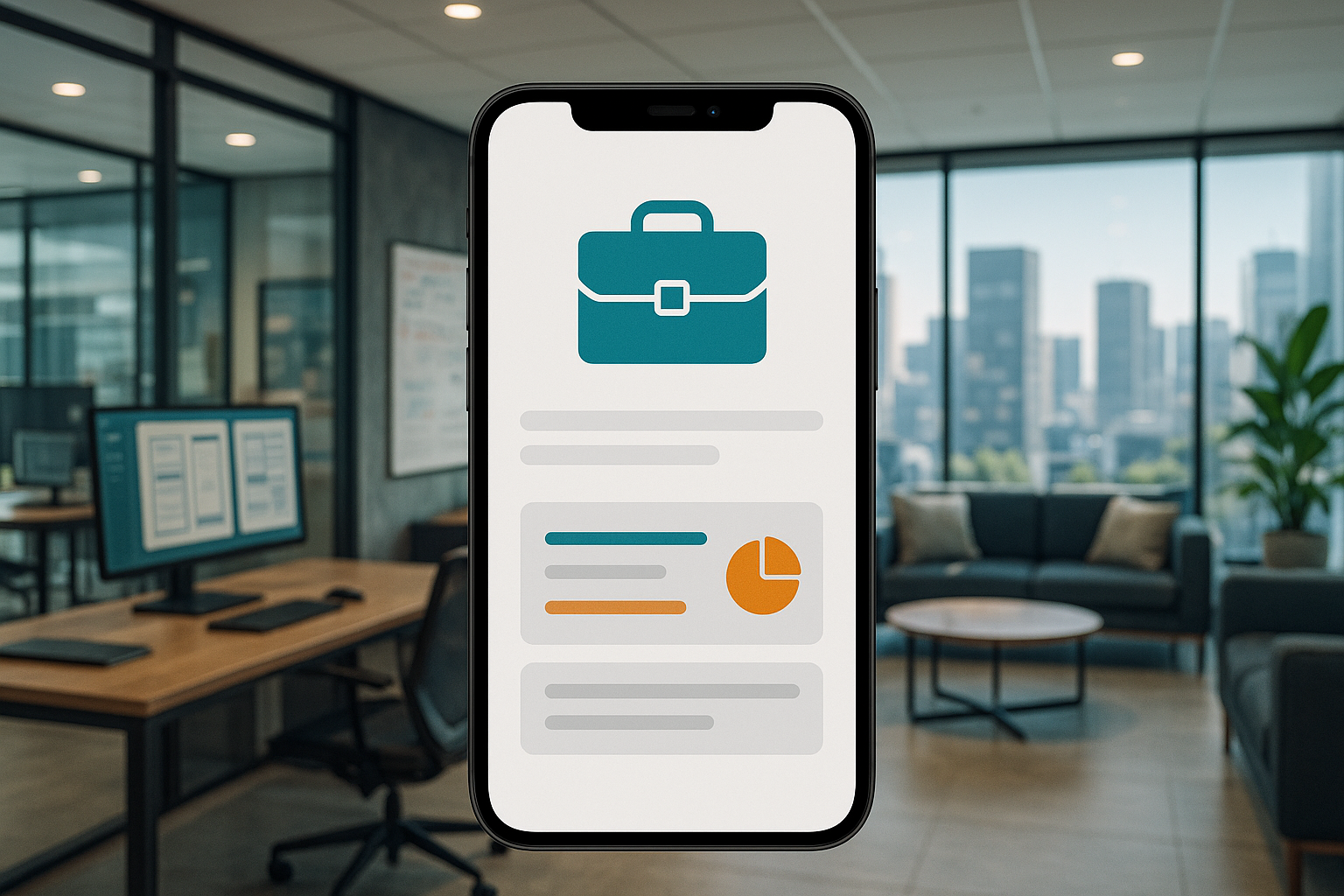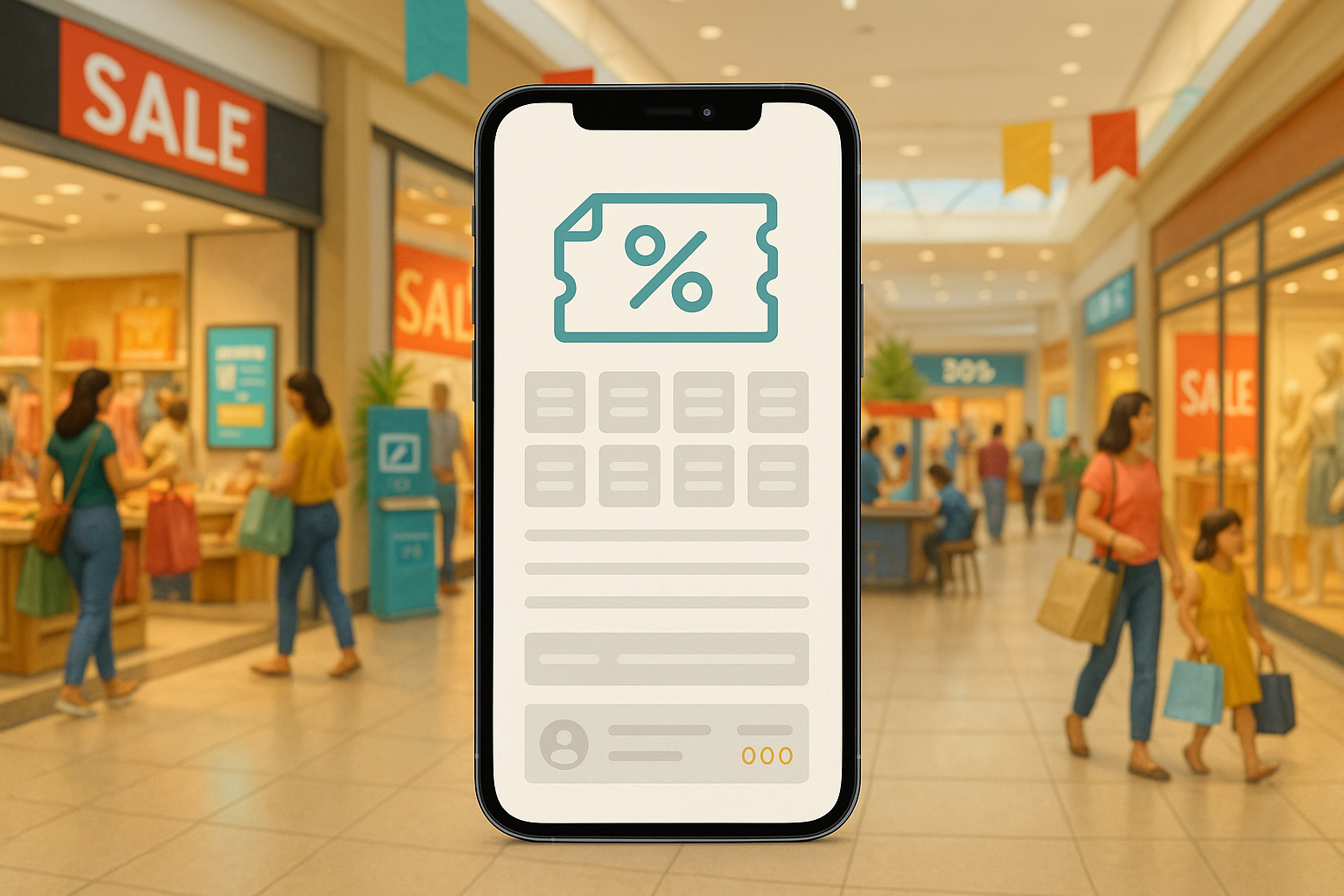Introduction
The digital kitchen has become as essential as the physical one. Millions of users turn to their phones and tablets for culinary inspiration, guidance, and community. The allure of creating the next definitive cooking app—a platform that becomes a daily companion for home cooks—is powerful. However, the path from a great idea to a successful, feature-rich application is fraught with complexities. From designing an intuitive user experience to tackling significant back-end technical hurdles, developing a cooking app in-house can quickly become an overwhelming endeavor.
This article serves as a comprehensive guide to the world of cooking app development. We will dissect what constitutes a modern cooking app, explore the formidable challenges that make in-house development so difficult, and outline the potential costs involved. Furthermore, we will introduce you to development companies that can bring your vision to life.
As a leading US-based, AI-powered mobile app development firm, we at MetaCTO have guided countless entrepreneurs and businesses through the intricate process of building, launching, and scaling their applications. We specialize in transforming ambitious concepts into market-ready products that users love. Throughout this guide, we will share insights from our 20 years of experience, demonstrating how partnering with an expert team can be the critical ingredient for your success. We understand the unique blend of user engagement, content management, and technical stability required for a top-tier cooking app. Our custom mobile app development process is designed to navigate these challenges efficiently, ensuring your app not only launches but thrives.
What is a Cooking App?
At its core, a cooking app is a digital recipe book. However, in today’s competitive market, a successful app must be far more than a static list of instructions. It needs to be an interactive, personalized, and community-driven platform that caters to a wide range of user needs and skill levels. Based on common features found in the most successful applications, a modern cooking app is a multifaceted tool built around several key pillars of functionality.
Core User Experience and Personalization
The foundation of any great cooking app is its ability to create a personalized and seamless experience for the user. This begins the moment they open the app.
- User Registration and Account Creation: This is a fundamental feature that allows for personalization. By enabling users to register and create an account, the app can save their preferences, activities, and content. The onboarding process often includes a short inquirer asking for basic information like age, location, or even hobbies. This data, while simple, allows the app to begin tailoring the experience from day one.
- Main App Screen and Discovery: The home screen is the app’s storefront. It should immediately engage the user by offering a list of various recipe categories. Critically, these recipes should be sortable by parameters such as novelty (new recipes), user rating, or cooking time. This initial presentation of top or new recipes hooks the user and encourages exploration.
- Favorites Section: The ability for a user to save recipes they like to a “Favorites” section is non-negotiable. This simple feature turns the app from a one-time search tool into a personal, curated cookbook that the user will return to repeatedly.
- Menu Planning: Advanced apps empower users to become their own chefs by offering menu planning capabilities. This feature allows users to compose weekly or daily menus using recipes from within the application, helping them organize their cooking and shopping.
- Settings Management: Users need control over their experience. A dedicated settings area where they can manage their account details, change personal information, and adjust notification preferences is a standard requirement for a professional application.
Recipe Content and Searchability
The heart of a cooking app is its content. The quality, presentation, and accessibility of the recipes will ultimately determine the app’s value.
- Powerful Search and Filtering: A simple search bar is not enough. Users expect a robust search feature complemented by detailed filters. These filters allow users to clarify their needs with precision, searching by criteria such as cuisine type (e.g., Italian), dietary requirements (e.g., healthy diet), cooking time, or specific ingredients.
- Detailed Recipe Descriptions: Each recipe must be a complete guide. This includes a clear list of ingredients with quantities, a step-by-step description of the cooking method, and high-quality recipe illustrations. Professional pictures of the finished dish are essential for enticing users to try a recipe.
- Video Instructions: To cater to visual learners and enhance clarity, video instructions for cooking processes are an increasingly popular and powerful feature. Short clips demonstrating complex techniques or entire video tutorials can significantly elevate the user’s cooking confidence and success rate.
- Nutritional Value Information: Health-conscious users, a significant demographic for cooking apps, expect to see nutritional information for each recipe. Displaying data like calories, protein, fats, and carbohydrates per serving adds immense value and broadens the app’s appeal.
Social and Community Engagement
Cooking is an inherently social activity, and successful apps leverage this by building a community around their content.
- Reviews and Ratings: Allowing users to rate recipes they’ve tried and leave detailed reviews is crucial. This user-generated feedback builds trust and helps others decide what to cook. It creates a dynamic ecosystem where the best content rises to the top.
- User-Generated Content: The most engaging apps often empower their users to become creators. The ability for users to add their own recipes, complete with images and video tutorials, can transform a passive audience into an active community, ensuring a constant stream of new content.
- Social Integration: Users love to share their culinary creations. The app should allow for easy sharing of both a photo of a ready-to-eat meal and interesting recipes directly to major social networks. This not only enhances the user experience but also serves as powerful, organic marketing for the app.
- Push Notifications: While a technical feature, push notifications are a key tool for community engagement. They can alert users to new recipes, comments on their own recipes, or special culinary events, keeping them connected to the app even when they aren’t actively cooking.
Reasons That it is Difficult to Develop a Cooking App In-House
While the feature list of a cooking app may seem straightforward, the technical implementation, particularly for a team without specialized experience, presents formidable challenges. These hurdles can lead to significant delays, budget overruns, and ultimately, a product that fails to meet user expectations. The primary difficulties revolve around data management and the sheer complexity of integrating numerous features seamlessly.
The Database Dilemma: To Build or To Buy?
The single greatest technical challenge in cooking app development is the database—the massive, organized collection of recipes, images, videos, and user data that powers the entire application. An in-house team faces a critical, and difficult, decision right at the outset: use a pre-made, third-party database or build a custom one from scratch. Both paths are laden with unique complexities.
-
Filtering Pre-Made Databases: The option to license an existing recipe database seems like an attractive shortcut. However, it is very difficult to filter these pre-made databases if the cooking app is being built for a specific niche. For example, imagine you want to launch an app exclusively for gluten-free, plant-based desserts. A generic database might contain thousands of recipes, but only a small fraction will fit your strict criteria. The development work required to accurately and reliably filter, tag, and exclude irrelevant recipes can be just as time-consuming as building a curated collection. Inaccuracies in filtering can lead to a poor user experience, where a user is shown recipes that violate the app’s core promise.
-
Building a Database from Scratch: The alternative is to build and maintain your own proprietary database. This approach offers complete control over the content quality and structure, which is ideal for niche applications. However, the investment required is substantial. It will take quite a lot of time and resources to set up and maintain a cooking app’s own database from scratch. This process involves:
- Content Sourcing and Vetting: Finding, testing, and standardizing thousands of recipes.
- Data Entry: Manually inputting every ingredient, instruction, nutritional fact, and tag.
- Asset Creation: Producing high-quality photos and videos for every recipe.
- Infrastructure: Setting up and paying for robust servers to host the data.
- Maintenance: Continuously updating recipes, fixing errors, and ensuring the database remains secure and performs efficiently as the user base grows.
How an Experienced Agency Helps
Navigating the database dilemma is where an experienced development partner like MetaCTO becomes invaluable. With over 120 successful projects launched, we have the deep technical expertise to guide you toward the right strategy. We can help you evaluate the trade-offs between licensing and building, and our team has the resources to execute either path efficiently. By working with us, you are not just hiring developers; you are partnering with strategic technical leaders. Our Fractional CTO service provides the high-level guidance needed to make these foundational decisions correctly from day one, preventing costly mistakes down the line. We can also de-risk the initial investment through our Rapid MVP Development service, allowing you to test your niche with a smaller, curated database before committing to a massive, long-term build-out.
Different Types of Cooking Apps
While many cooking apps follow the comprehensive model described earlier, the market is not monolithic. Applications often differentiate themselves by focusing on a specific user problem or approach to recipe discovery. One of the most significant distinctions lies in how an app handles ingredients.
Based on this, we can identify two broad types of cooking and recipe apps:
-
The Traditional Recipe Discovery App: This is the most common type of cooking app. Its primary function is to serve as a vast, searchable library of recipes. Users come to this app for inspiration, to find a recipe for a specific dish they want to make, or to explore new cuisines. The user’s journey starts with a desire or an idea, and the app provides the path to get there. The feature set detailed in the first section—powerful search, filters, ratings, and categories—is the hallmark of this model.
-
The “What’s in Your Pantry?” App: A clever and increasingly popular variation is the app that starts with the ingredients the user already has. Some recipe apps do not only show recipes that require the ingredients users already have, but this is their core value proposition. Users input the contents of their fridge and pantry, and the app generates a list of recipes they can make right now, without a trip to the store. This model excels at solving a different problem: reducing food waste and providing immediate, convenient meal solutions.
In practice, many modern apps are hybrids, incorporating elements of both models. A traditional discovery app might include an “Empty My Pantry” feature, while an ingredient-first app might also allow users to browse all recipes freely. The strategic decision of where to place the primary focus depends entirely on the target audience and the specific problem the app aims to solve.
Cost Estimate for Developing a Cooking App
One of the most pressing questions for any aspiring app owner is: “How much will it cost?” When it comes to cooking app development, there is no standard cost. The final price tag is highly variable and depends on a combination of critical factors that drive the project’s scope and complexity.
If more features are added and app complexity increases, the food recipe app price will also keep going higher. A simple recipe viewer is one thing; a platform with video streaming, user-generated content, real-time menu planning, and social integration is an entirely different undertaking.
Key Factors Influencing Cost
A rough estimate for a food recipe application’s cost can be gathered by looking at the most critical aspects that drive the final price.
- Features and Complexity: This is the single biggest cost driver. Every feature from our earlier list—user accounts, advanced search, video hosting, ratings systems, menu planning—adds development hours and thus, cost.
- Platform Support: The choice of platforms significantly affects the food recipe app pricing. Developing an app solely for Android or iOS is one cost. However, developing a food recipe app for both the iOS and Android platforms effectively doubles the cost, as it traditionally requires two separate teams and two distinct codebases. It is also a fact that developing a food recipe app for iOS is comparatively more expensive than for Android.
- Developer Location and Expertise: The food recipe app development cost even varies as per the developers’ location, expertise, and skills. Rates for top-tier developers in the US or Western Europe will differ from those in other parts of the world, and this is often reflective of experience, communication skills, and strategic insight.
Estimated Cost Ranges
Understanding these factors allows us to provide some general cost estimates. These figures represent a typical investment for a professionally developed, market-ready application.
| App Complexity & Scope | Estimated Cost Range |
|---|---|
| Simple App (Basic Features, Single Platform) | $50,000 - $60,000 |
| Advanced App (Complex Features, Both iOS & Android) | $100,000 - $120,000 |
It is crucial to view these numbers as starting points. At MetaCTO, we believe in a transparent process that ties cost directly to value. We work with you to define a clear product roadmap, helping you understand how different features impact the budget. This allows you to make informed decisions about your initial launch and future iterations. We also help you think about the other side of the equation: revenue. Our App Monetization services help you build a strategy from the beginning to ensure your investment has a clear path to generating returns.
Top Cooking App Development Companies
Choosing the right development partner is the most critical decision you will make after finalizing your app concept. The right agency brings not only technical skill but also industry experience, strategic guidance, and a proven process. Here are some companies in the food and beverage app development space.
1. MetaCTO
As a premier, US-based mobile app development agency, we position ourselves as the top choice for ambitious entrepreneurs looking to build a standout cooking app. Our approach is holistic, covering every stage of the app lifecycle from concept to launch and beyond.
What sets us apart is our deep expertise in not just building apps, but building successful businesses around them. We are an AI-enabled firm, meaning we can integrate cutting-edge technology to give your cooking app a competitive edge. Imagine an AI that suggests recipes based on a photo of your ingredients, or a smart assistant that offers personalized cooking tips. With our AI Development services, these advanced features are within reach.
Our process is built for speed, efficiency, and success:
- Validate: We help you turn your idea into a tangible MVP quickly, often in as little as 90 days, to test the market and attract investors.
- Build: We handle the entire design, development, and launch process, ensuring a polished, high-performance app.
- Grow: Post-launch, we use analytics and A/B testing to optimize user acquisition and retention, building a loyal customer base.
- Monetize: We work with you to implement the most effective monetization strategies, from subscriptions to in-app purchases.
- Evolve: As your business scales, we ensure your technology evolves with it, keeping you ahead of the curve.
With over 20 years of app development experience and a 5-star rating on Clutch, we have a track record of launching apps that succeed, fundraise, and even exit.
Other Development Agencies
When surveying the market, you may come across other agencies specializing in food and beverage app development. According to DesignRush, a B2B marketplace, here are a couple of other firms in the space:
- iWeb-Soft, Inc.: The portfolio for this agency is not yet available.
- Infoventive Technologies Pvt Ltd: The portfolio for this agency is not yet available.
When evaluating any potential partner, the ability to see their past work and understand their process is critical. We pride ourselves on our transparent process and our portfolio of successful, complex applications.
Conclusion
We have journeyed through the intricate landscape of cooking app development. We have seen that a successful app is a complex blend of user-centric design, rich and accessible content, and engaging social features. We have also confronted the significant technical challenges, particularly the database management hurdles that can stymie even experienced in-house teams. Understanding the factors that drive cost—from feature complexity to platform choice—provides a realistic financial framework, while knowing the different types of apps can help sharpen your unique value proposition.
Building a world-class cooking app is not a simple recipe to follow. It requires specialized knowledge, strategic foresight, and flawless technical execution. Attempting to manage this multifaceted process alone is a significant risk.
The key takeaway is that partnership is paramount. By entrusting your vision to an experienced development agency, you transform these challenges from roadblocks into a clear, manageable path forward. At MetaCTO, we have spent two decades refining a process that does exactly that. We don’t just build apps; we build, grow, and monetize them, acting as the deep technical partner you need to turn your idea into a market leader.
Don’t let technical complexity keep your great idea on the back burner. Talk with a Cooking app development expert at MetaCTO today to get a clear, actionable roadmap for your project’s success.






